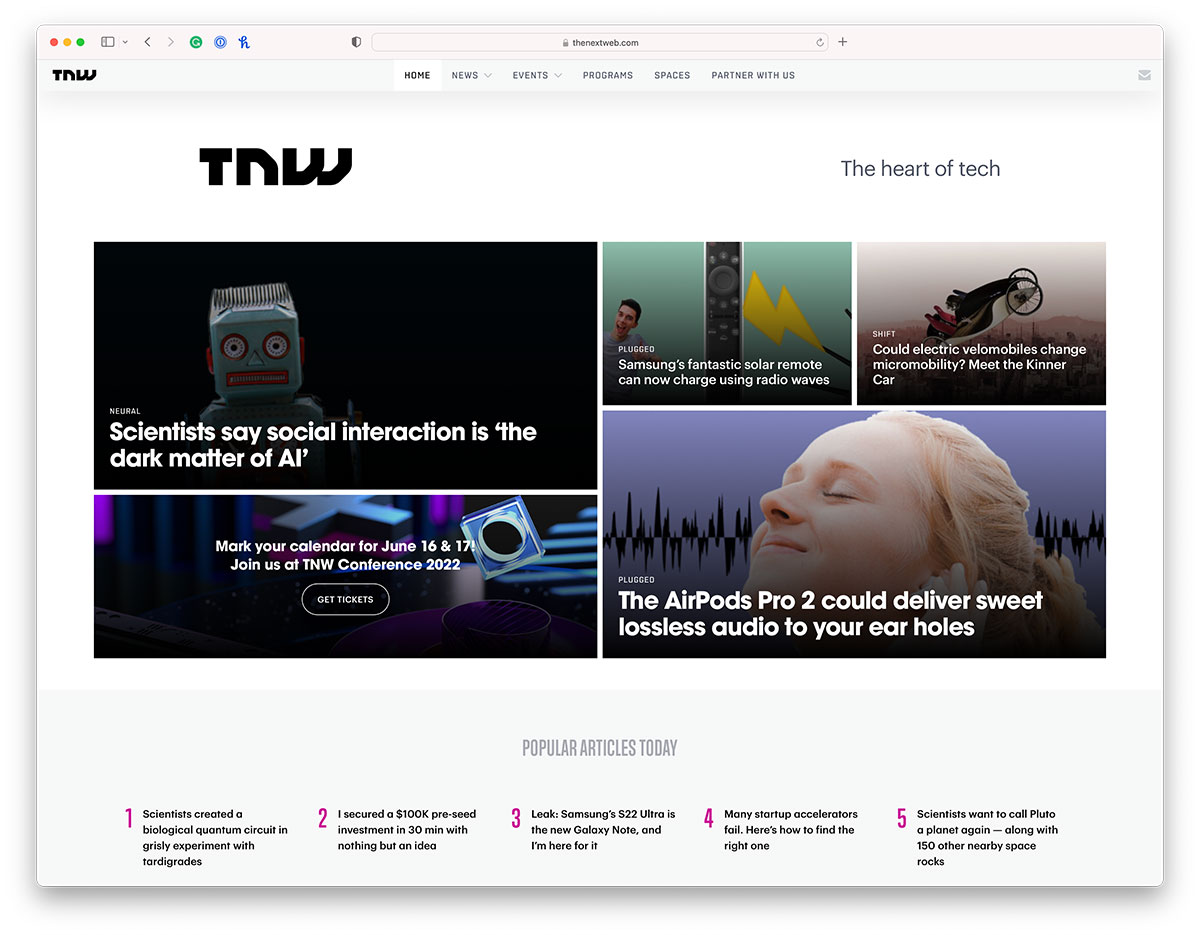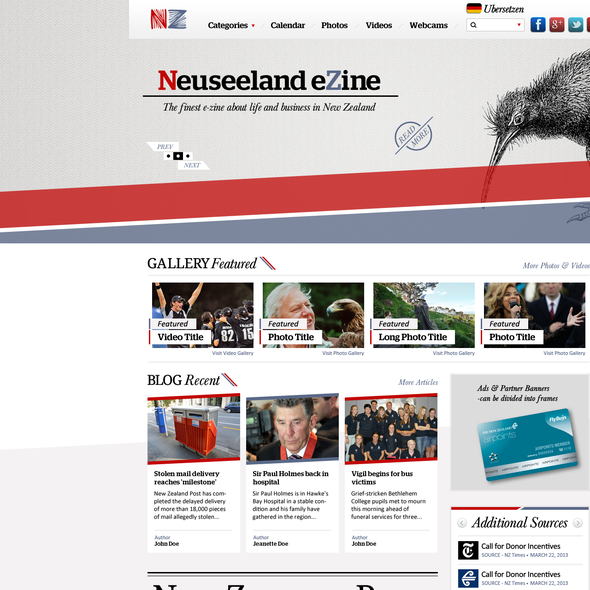Little Known Facts About News Websites.
Little Known Facts About News Websites.
Blog Article
An Unbiased View of News Websites
Table of ContentsAll about News WebsitesLittle Known Questions About News Websites.News Websites - QuestionsNews Websites Fundamentals ExplainedNews Websites - An Overview
It was down in the UK and Brazil yet up a few other nations, such as Greece, Bulgaria, and Poland (News Websites). This year, for the very first time, we asked about the various ways that individuals avoid the information and located that around half of avoiders (53%) were trying to do so in a broad-brush or periodic method as an example, by switching off the radio when the information came on, or by scrolling past the news in social media sitesYou said that you try to proactively stay clear of information.

I'm probably choosing to find out more light-hearted tales than I made use of to currently. M, 51, UK Turning my back on news is the only means I feel I can cope often. I need to consciously make the initiative to transform away for my very own mental wellness.
The Buzz on News Websites
Discerning evasion of Ukraine information was greatest in much of the countries closest to the problem, reinforcing findings from our added study in 2015, not long after the war had started. Our information might not suggest a lack of passion in Ukraine from nearby nations but rather a need to manage time or secure mental health and wellness from the really real horrors of battle.
Comparing Finland with a politically polarised country such as the USA (see following chart) that is much less affected by the war, we locate a really different pattern of subject avoidance. In the USA, we locate that consumers are most likely to prevent topics such as national politics and social justice, where arguments over issues such as sex, sexuality, and race have actually become extremely politicised.
American national politics are quite toxic these days. I locate in some cases that I need to detach from tales that simply make me angry. F, 61, USA For some people, bitter and divisive political debates are a reason to switch off information altogether, but also for some political partisans, avoidance is often concerning blocking out perspectives you do not wish to hear.

The 25-Second Trick For News Websites
Some are seeking to make information a lot more available for hard-to-reach groups, widening the information schedule, appointing even more motivating or positive information, or accepting positive or options journalism that give individuals a sense of hope or individual company. In our study this year, we asked respondents concerning their rate of interest in these various techniques.
This explains why tales like Ukraine or national politics execute well with news regulars yet can at the same time transform less interested individuals away (News Websites). Selective avoiders are less interested in all kinds of news than non-avoiders yet in family member terms they do seem to be a lot more thinking about favorable or solutions-based news

Our News Websites Diaries
2023). This may hold true in the minute, yet gradually it seems to be leaving numerous people vacant and much less pleased, which may be threatening our link with and rely on the news. Across markets, total count on news (40%) and trust fund in the resources people utilize themselves (46%) are down by a better 2 percent points this year.
Certainly, through the rear-view mirror, the COVID-19 trust fund bump is clearly visible in the adhering to graph, though the direction of traveling later on has been blended. In many cases (e.g. Finland), the count on rise has actually been preserved, while in others the upturn looks even more like a blip in a tale of ongoing long-term decrease.
A few of the highest reported degrees of media objection are discovered in countries with highest degrees of question, such as Greece, the Philippines, the USA, France, and the United Kingdom. The lowest degrees of media criticism frequent those with higher levels of trust fund, such as Finland, Norway, Denmark, and Japan.
Top Guidelines Of News Websites
This year we asked participants about their preferences for message, sound and video when taking in information online. On standard, we find that the majority still like to review the information (57%), rather than watch (30%) or listen to it (13%), however younger individuals (under-35s) are more likely to listen (17%) than older groups.
Behind the averages we discover significant and unusual nation distinctions. In markets with a solid reading tradition, such as Finland and the United Kingdom, around eight in ten still favor to review online news, however in India and Thailand, around 4 in ten (40%) state they choose to see information online, and in the Philippines that proportion mores than half (52%).
Report this page